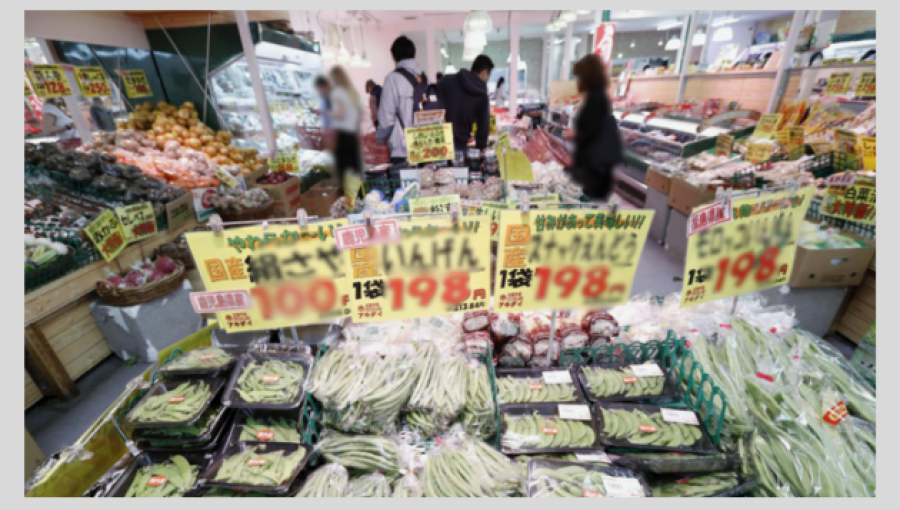Japan's inflation rate decelerated to 2.6% in March, aligning with analysts' predictions and reflecting a slight cooling from February's figures, influenced partly by reduced gas expenses.
March witnessed Japan's inflation rate ease to 2.6%, slightly below the anticipated 2.7%. This moderation follows a 2.8% rise in February, attributed in part to lower gas bills. Excluding the volatile sectors of fresh food and energy, the inflation rate was 2.9%, a decrease from February's 3.2%.
The Bank of Japan, after years of combating deflation, has recently shifted gears. In a historic move, it raised borrowing costs last month for the first time since 2007, abandoning the world's last negative interest rate. This decision came as the bank met its
With a meeting scheduled next week, the BoJ is expected to revise its inflation forecasts upward. However, despite the anticipation, most economists predict that interest rates will remain steady for the time being.
Globally, central banks like the Federal Reserve have opted for significantly higher interest rates. Yet, Japanese Finance Minister Shunichi Suzuki has indicated that interest rate differentials are not solely responsible for the yen's recent plunge to a near 34-year low against the dollar.
Amidst currency valuation worries, Japan and South Korea have expressed "serious concerns" over their weakening currencies. Both nations have pledged to undertake "appropriate actions" if necessary. Japan's last market intervention to bolster the yen occurred in October 2022, with a substantial 6.3 trillion yen (approximately $40 billion) expenditure.































Comment: